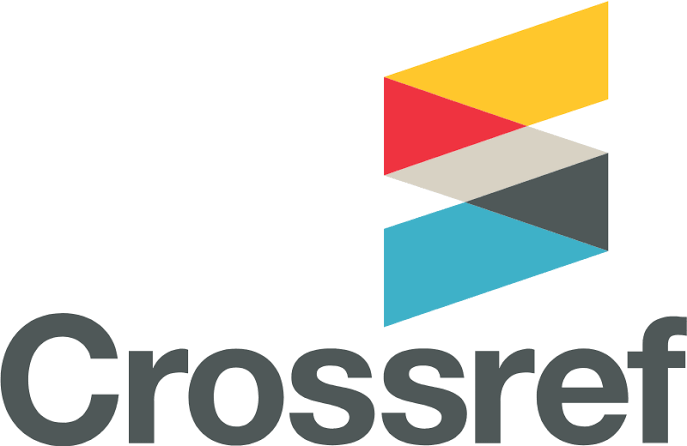TERTIARY INSTITUTIONS IN NIGERIA AND CRIME MANAGEMENT STRATEGIES
DOI:
https://doi.org/10.59795/m.v2i3.184Keywords:
crime management, tertiary institutions, student safety, cultism, sexual harassment, cybercrime, Nigeria, disciplinary policyAbstract
Crime within Nigerian tertiary institutions has become a critical concern, threatening not only campus safety but also the integrity and credibility of higher education. This chapter examines the prevalence, causes, and management strategies for crime in Nigerian universities, polytechnics, and colleges of education. Crimes such as cultism, sexual harassment, cybercrime, examination malpractice, theft, drug abuse, and financial fraud are discussed, highlighting their social, economic, and institutional implications. Factors contributing to these crimes include inadequate security infrastructure, moral decline, peer influence, poor institutional governance, and socioeconomic hardship. The chapter adopts a multi-dimensional perspective, emphasizing that effective crime management extends beyond punitive measures to include preventive, rehabilitative, and participatory approaches. Strategies such as strengthening campus security systems, promoting student engagement in safety initiatives, establishing confidential reporting channels, enforcing transparent disciplinary processes, and integrating mental health and counseling support are explored. The chapter also underscores the role of ethics training for staff, economic empowerment of students, community collaboration, and awareness campaigns as sustainable mechanisms for crime reduction. Drawing from Nigerian case studies and international frameworks it concludes that a holistic, human-centered crime management model—anchored on accountability, inclusion, and proactive prevention—is essential for safer, more productive tertiary education environments. By fostering shared responsibility among students, staff, management, and the community, institutions can transform from crime-prone spaces into centers of character formation and societal development.
Downloads
Published
How to Cite
Issue
Section
License
Copyright (c) 2025 Multi-Disciplinary Research and Development Journals Int'l

This work is licensed under a Creative Commons Attribution-NonCommercial-NoDerivatives 4.0 International License.












